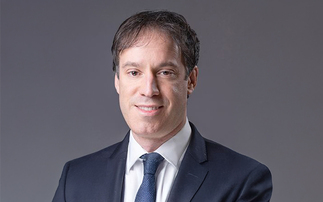The U.S. has dominated global markets for over a decade; yet exceptional conditions rarely last forever.
Currently, levels are stretched with valuations near all-time highs with the S&P 500 nearing 25x.1 Meanwhile, corporate margins are at highs, there is record concentration around just seven companies which make up almost 22% of the MSCI World Index and notably, government debt and deficits are breaking new highs.2
Yet, history shows that excesses—whether in valuation, concentration, or fiscal conditions—eventually correct. This is a case for a disciplined approach to total return investing.
"Discipline will be required on valuations and on downside capture rather than upside. As we anticipate the compounding of a dividend, it becomes, once again, the dominant driver of one's total return over the next 10 years," says Nick Clay, Portfolio Manager, Redwheel.
The firm's Global Equity Income Strategy focuses on what is statistically attractive, achievable, and repeatable over time.
"That means putting the compounding of a higher dividend across the portfolio at the heart of the process. We achieve this by seeking quality businesses, offering dividend durability, and on a valuation margin for error," he says.
"Now these three attributes are only found when controversy surrounds that good company. The active part is for us to determine whether such controversy is temporary, which then allows us to compound the premium dividend yield during the re-rating of the stock," he says.
1, 2 Source: Bloomberg, as at 1 June 2025
Watch the video now











